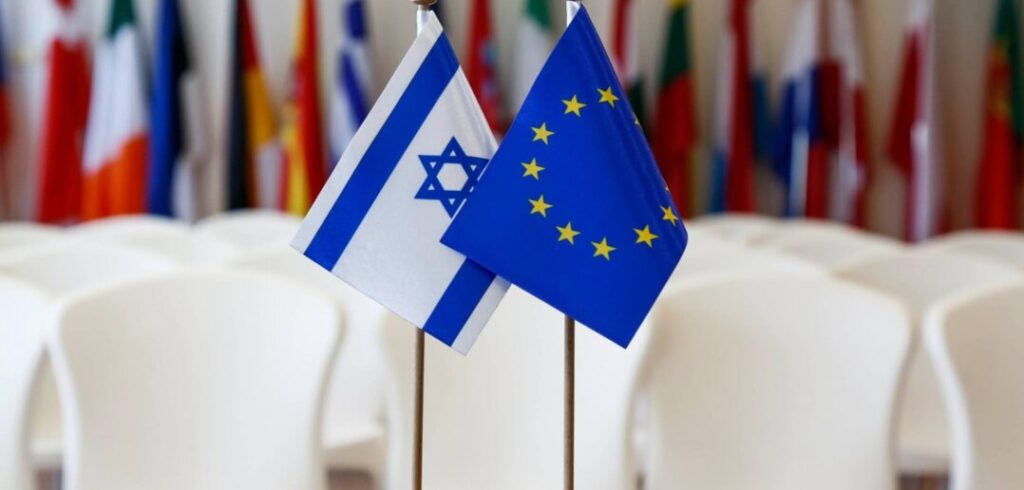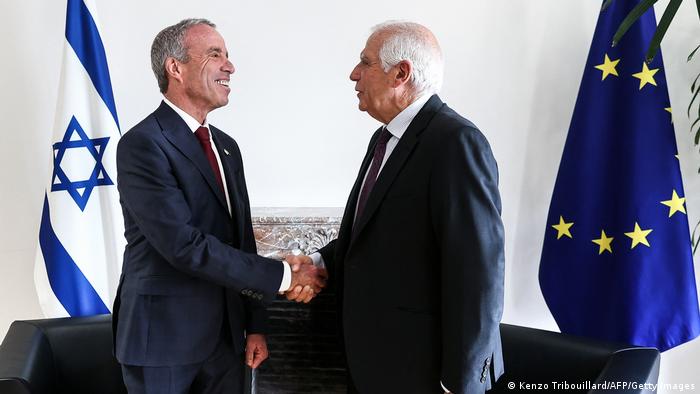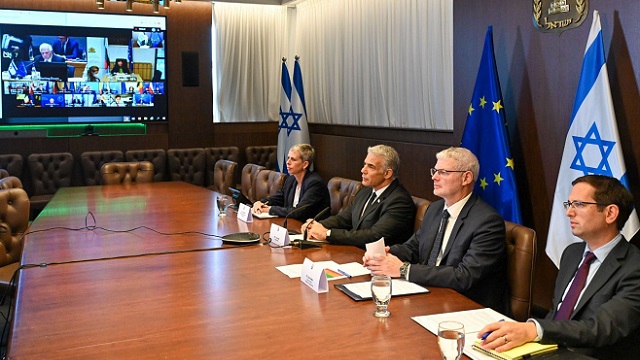The EU-Israel Summit After A Decade

At the meeting, the first between the two countries since 2012, the EU hopes to restore its ties with Israel, it is because EU needs to diversify its energy sources in the wake of the Russia-Ukraine conflict. Israel and the EU were supposed to meet annually to discuss issues of shared interest in the Association Council but Israel cancelled the conference, formally known as the EU-Israel Association Council, in 2013, after the EU issued a statement for Israel’s expansion in West Bank. It was asserted that Israel colonies in the occupied Palestinian territories would not be included in any future accords with Israel. The EU-Israel conference has been denounced by global human rights organizations as it is being considered for serving mainly to legitimize the continued “apartheid” against Palestinians. Amnesty International in a statement cautioned that “Israel is committing the crime of apartheid against Palestinians and that any cooperation must focus on dismantling Israel’s terrible system of oppression and domination.”

Despite warnings from human rights organizations and European parliamentarians regarding Israel’s treatment of Palestinians in violation of their human rights, talks between the EU and Israel were held in Brussels. Josep Borrell, High Representative for Foreign Affairs and Security Policy for the EU led the trip, while Elazar Stern, the minister of intelligence, led Israeli delegation in the absence of Yair Lapid due to domestic commitments, but the prime minister of Israel, attended the meeting online. Borrell concentrated on the Israeli-Palestinian conflict prior to the conference. He referred a recent UN report that said it was “very worrisome” that this year had seen the most Palestinians killed since 2007. During the discussions with the Israeli delegation, he intended to concentrate on this matter and the rising tensions in the West Bank.

Borrell stressed the significance of resuming this high-level political conversation between Israel and the European Union during the meeting. As per him, it is the most effective means to discuss a variety of topics that concern both parties, especially the Middle East Peace Process and the stability of the larger Middle East area. The meeting’s agenda included talks on the conflict in Ukraine, the global energy crisis, and food insecurity. In the meantime, Lapid suggested that the EU may and ought to participate in the Abraham Accords and the Negev Forum in a message to the European leadership. He emphasized that Israel has been cooperating with the Palestinian Authority and reiterated his commitment to the two-state solution. However, addressing the UN General Assembly in September 2022, Palestinian President Mahmoud Abbas stated that “our trust in attaining a peace based on justice and international law is dwindling as a result of Israel’s occupation tactics.” Following Lipid’s speech in which he advocated a two-state solution and urged Muslim countries to recognize and make peace with Israel. To conclude, despite the rhetoric, human rights advocates and EU parliamentarians who warned that Israel has not altered its policy toward the Palestinians yet the EU-Israel summit was held. EU is looking towards Israel to attain its interests but European Union must consider the situation of Palestine with respect to human rights violations by Israel against humanity.